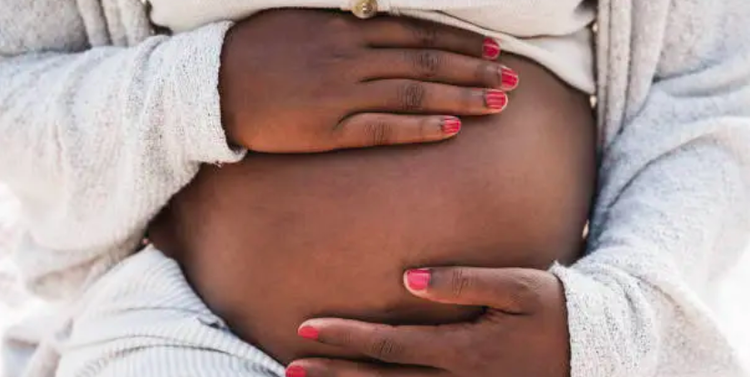The ANC Youth League (ANCYL) has voiced deep concern over the escalating rate of teenage pregnancies in South Africa, attributing the alarming trend to a combination of limited access to sexual health education, poverty, and a lack of opportunities. The issue has gained renewed attention following distressing reports of young girls giving birth during the festive season. A 12-year-old girl in the Eastern Cape gave birth on New Year’s Day, while a 13-year-old girl delivered a baby on Christmas Day in Seshego, Limpopo. These incidents are part of a larger crisis, with South Africa recording over 70,000 teenage pregnancies in 2024 alone.
Recent statistics reveal that approximately 365 adolescents give birth every day in the country, including around 10 girls under the age of 15. This stark reality has placed teenage pregnancy back in the public spotlight, drawing urgent calls for action. The ANCYL has emphasized that this issue requires immediate attention and a coordinated response from all sectors of society, given the vulnerability of minors and the far-reaching consequences of teenage pregnancy.
The youth league has called on various stakeholders—government bodies, educational institutions, parents and guardians, community leaders, law enforcement, and non-governmental organizations—to collaborate in addressing this growing crisis. They stressed that teenage pregnancy not only threatens the futures of young mothers but also places a heavy burden on their families and communities. “By working together, we can create a society where every young person has the opportunity to thrive and contribute meaningfully to the nation’s progress,” the party stated.
In addition to calling for collective action, the ANCYL urged all South Africans to unite in tackling this pressing issue. “Let us ensure that our youth are empowered with the knowledge, resources, and opportunities to shape a brighter future,” the organization said, underscoring the importance of providing young people with the tools they need to avoid early pregnancies and to build their lives in healthier, more sustainable ways.
The growing number of teenage pregnancies has prompted authorities to take legal action. Statutory rape cases have been opened in response to these incidents to hold those responsible accountable. A 28-year-old man was arrested and charged with statutory rape in connection with the pregnancy of the 13-year-old girl in Seshego. In another case, a father was arrested for statutory rape after police intervention in an incident involving his daughter. These arrests highlight the legal efforts to address the sexual abuse of minors and to ensure that perpetrators are held accountable for their actions.
As the country grapples with this crisis, the calls for better education, greater access to sexual and reproductive health services, and stronger support systems for young people are becoming ever more urgent. The ANCYL’s advocacy is a reminder that the fight against teenage pregnancy requires a multifaceted approach, involving not only legal action but also systemic changes aimed at addressing the root causes of the issue.
